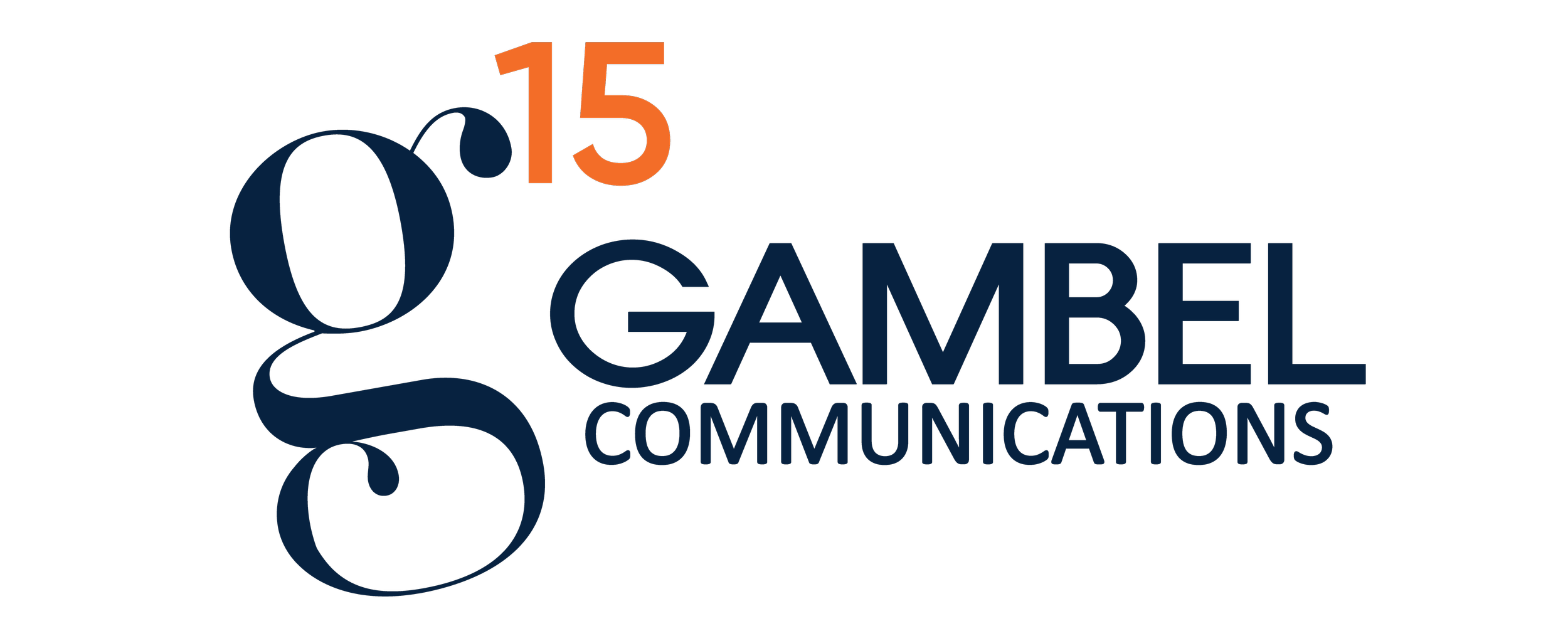Culture Shock: What the French Taught Me about the American Workplace
Written by: Meagen Moreland-Taliancich, Communications Strategist
Walking up the staircase to the Gambel office in mid-January, I realized this was the first time in a decade I’d speak English in a major job interview.
After eight years in academia studying French literature, I joined the Consulate General of France in Louisiana as the Press and Communications Attaché. Press advisor, voice of reason, cultural liaison, political staffer, confused foreigner, local guide – I played all of these roles.
It was a bizarre experience to be homesick for Americans from my desk on Poydras Street. If I had a dime for every one of my genius quips that fell flat in the face of a language barrier…I would have so many dimes.
Through it all, what I didn’t expect was the culture shock that came with finally rejoining an American office. After a decade of working with the French, I realize now that there is so much I learned (and didn’t learn) about my native workplace.
Let me share with you a couple of those lessons.
• Americans love jargon. “Thought-leader,” “circle back” and “action items.” These are the key terms that pepper the language of my day. Expressions that define and frame productivity ring in my ears, and I’m slowly starting to use them in full sentences. Soon I will dream about “low hanging fruit” and “game-plans,” and know I am fluent.
• Louisiana only wants to talk about Louisiana. Outsiders to our little home in the swamp don’t always realize the extent to which Louisiana values its local needs and interpersonal connections first. This piece of wisdom is the one I repeat most often to clients and partners from out of town. If you’re new here, connecting directly to the community and laying roots should be your first priority, or you may face a rocky uphill battle trying to get your message out.
• Louisiana has inherited a lot more from the French than beignets. Anyone who parties in the streets during Mardi Gras, and then joins a fierce debate at the dinner table regarding the Civil War monuments has embraced their French heritage. The French are fiercely proud of their territory but also deeply critical. As the culture has evolved over 300 years, Louisianans seem to be locked in an eternal battle between preserving tradition and valuing the modern. When it feels frustrating, you know who to blame.
• Americans come from a place of “YES,” so I learned the hard way how to say “no.” Eager to please and ready for anything, Americans over-commit and over-extend. As a result, we make promises all the time we can’t keep: “I’ll call you”; “I’ll have that by Friday”; “Let’s have lunch”. All of these are nothing but well-meaning lies that drive our French friends up the wall. As it turns out, learning to say what I mean serves me well at an agency, where accountability and achievable expectations are everything.
• How do you criticize things in an American workplace? I’m really asking. I realize now that I never learned this, and I have no idea. A French workplace can be a hotbed of criticism and sarcasm. It was one of the greatest joys and deepest frustrations of getting through the day. There was always an outlet for gossip and fussing, regardless of its impact on morale or productivity. Back in the land of optimistic Americans, I am re-learning the fine art of “positive reinforcement,” “constructive feedback,” and “addressing challenges.”
At the end of the day, let me put it simply: I have loved this journey, and it’s good to be home.


